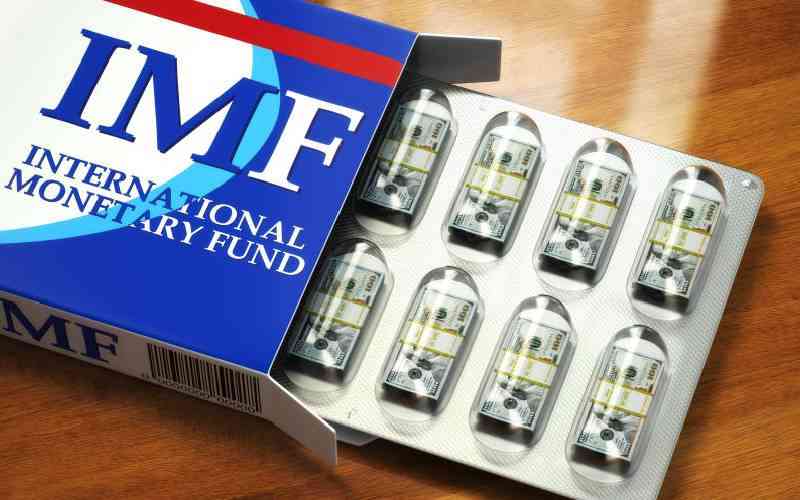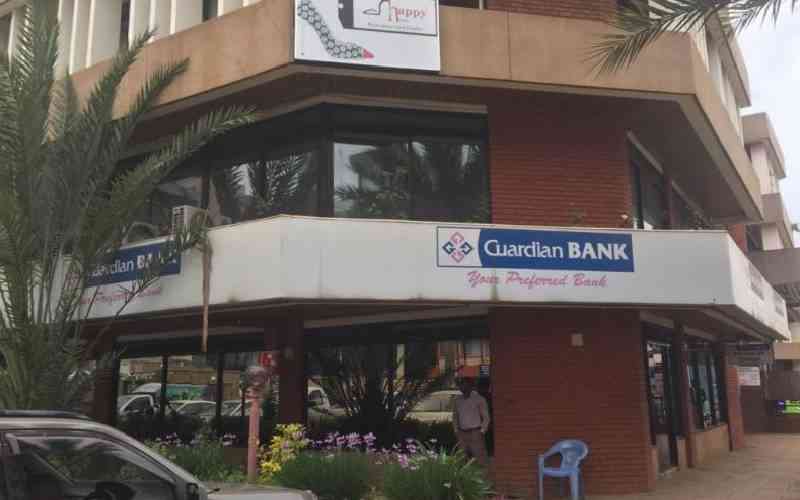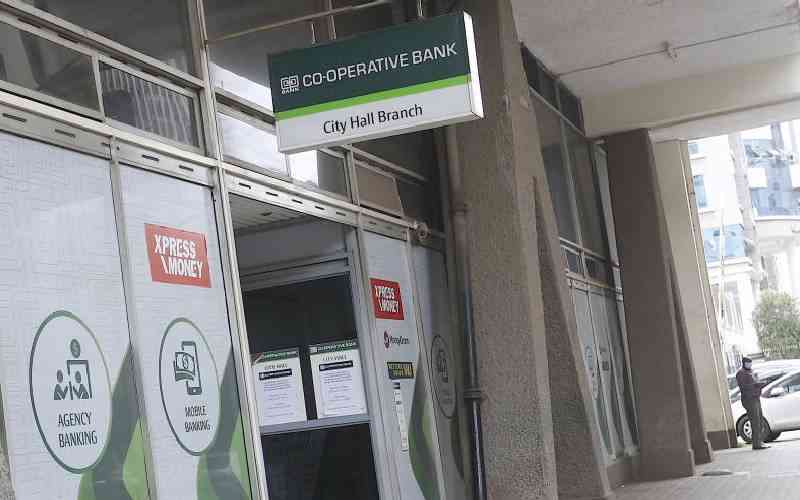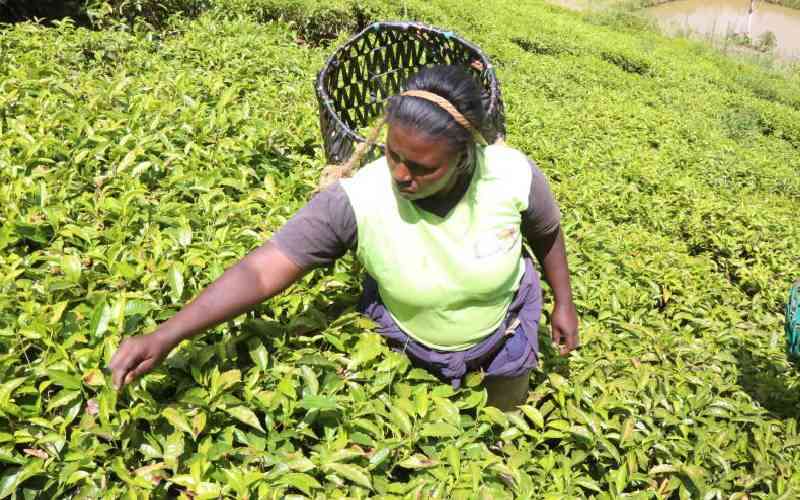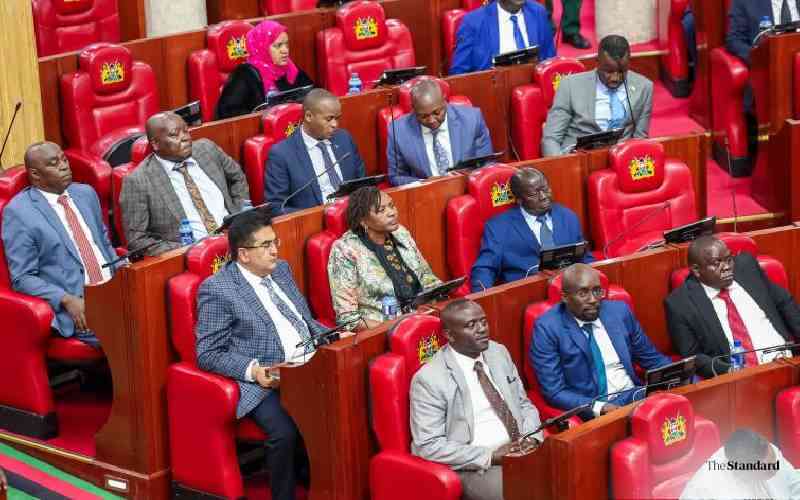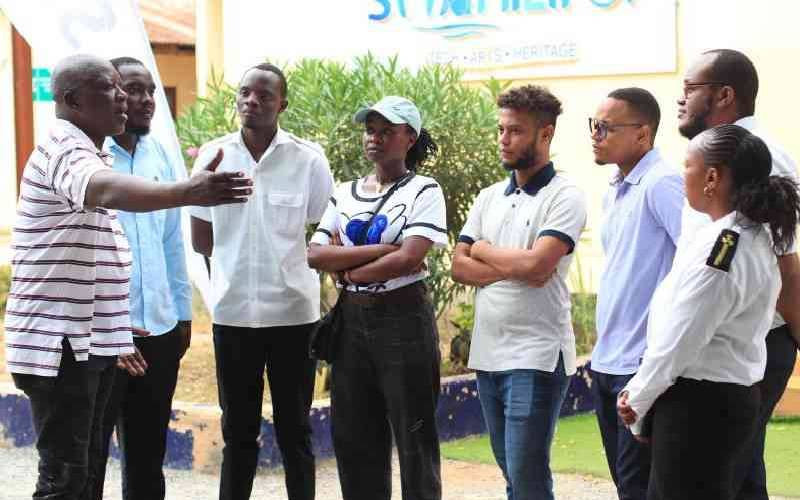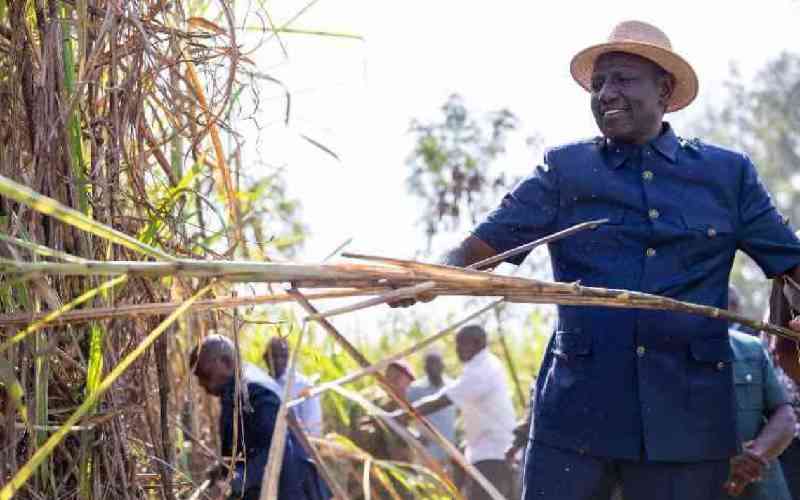
Narok Governor Patrick ole Ntutu. The government will launch mass livestock vaccination campaign targeting 1.5 million animals in Nkoilale village, Narok West Sub-County, on October 7. [George Sayagie, Standard]
Narok Governor Patrick ole Ntutu has announced that the government will, on October 7, launch a mass livestock vaccination campaign in Nkoilale village, targeting 1.5 million animals.
Governor Ntutu dismissed claims by some leaders that the vaccination drive is unnecessary or harmful, describing such assertions as “propaganda” aimed at discrediting a vital disease-control initiative.
“This is not about politics; it’s about protecting livelihoods. We are vaccinating to control diseases that pastoralists are already familiar with,” he said.
Speaking after handing over a bus to Olasiti Primary School in Narok East, Ntutu said the campaign will focus on combating Foot and Mouth Disease (FMD) and Peste des Petits Ruminants (PPR). He emphasised that FMD and PPR pose serious threats to livestock health, productivity, and the viability of trade in animal products.
Ntutu assured the public that all vaccines will be sourced from the Kenya Veterinary Vaccines Production Institute (Kevevapi) and administered by certified veterinary professionals.
“We are using vaccines produced locally by Kenyan scientists who have extensive knowledge in this field. Those opposing this programme must provide better alternatives—not just empty rhetoric,” Governor Ntutu added.
The initiative forms part of the National Livestock Vaccination Programme, designed to improve animal health, boost milk and meat production, and expand access to regional and international markets.
Under the county’s subsidised scheme, the cost of vaccinating a cow—normally Sh160 —has been reduced to Sh50, with the government covering the remaining Sh110 per dose.
Vaccination will begin once livestock owners register their animals through the E-voucher system, a digital platform that enhances traceability, breeding data, and disease surveillance.
Dr Gideon Nkeyasha, Narok County Director of Veterinary Services, said the exercise will be coordinated through farmer cooperatives under the National Agricultural Value Chain Development Project (NAVCDP).
Committees established at ward level—comprising farmers, chiefs, ward administrators, and livestock extension officers—will oversee implementation across all sub-counties.
To meet personnel needs, the county will deploy 30 veterinary surgeons and 210 licensed animal health officers to administer vaccines and provide essential animal health services.
In a separate media briefing at his Olopirik residence in Narok West, Ntutu urged livestock farmers to fully embrace the programme, highlighting the pivotal role of animal farming in Narok’s economy, especially as the region faces recurring drought and climate-related challenges.
Stay informed. Subscribe to our newsletter
“This programme aligns with the Bottom-Up Economic Transformation Agenda (BETA). Just as we’ve distributed over 350,000 bags of subsidised fertiliser, we must now provide similar support to livestock farmers,” he said.
Ntutu further noted that addressing diseases such as FMD is critical not only for improving livestock productivity but also for safeguarding public health, given the risk of zoonotic diseases transmitted from animals to humans.
